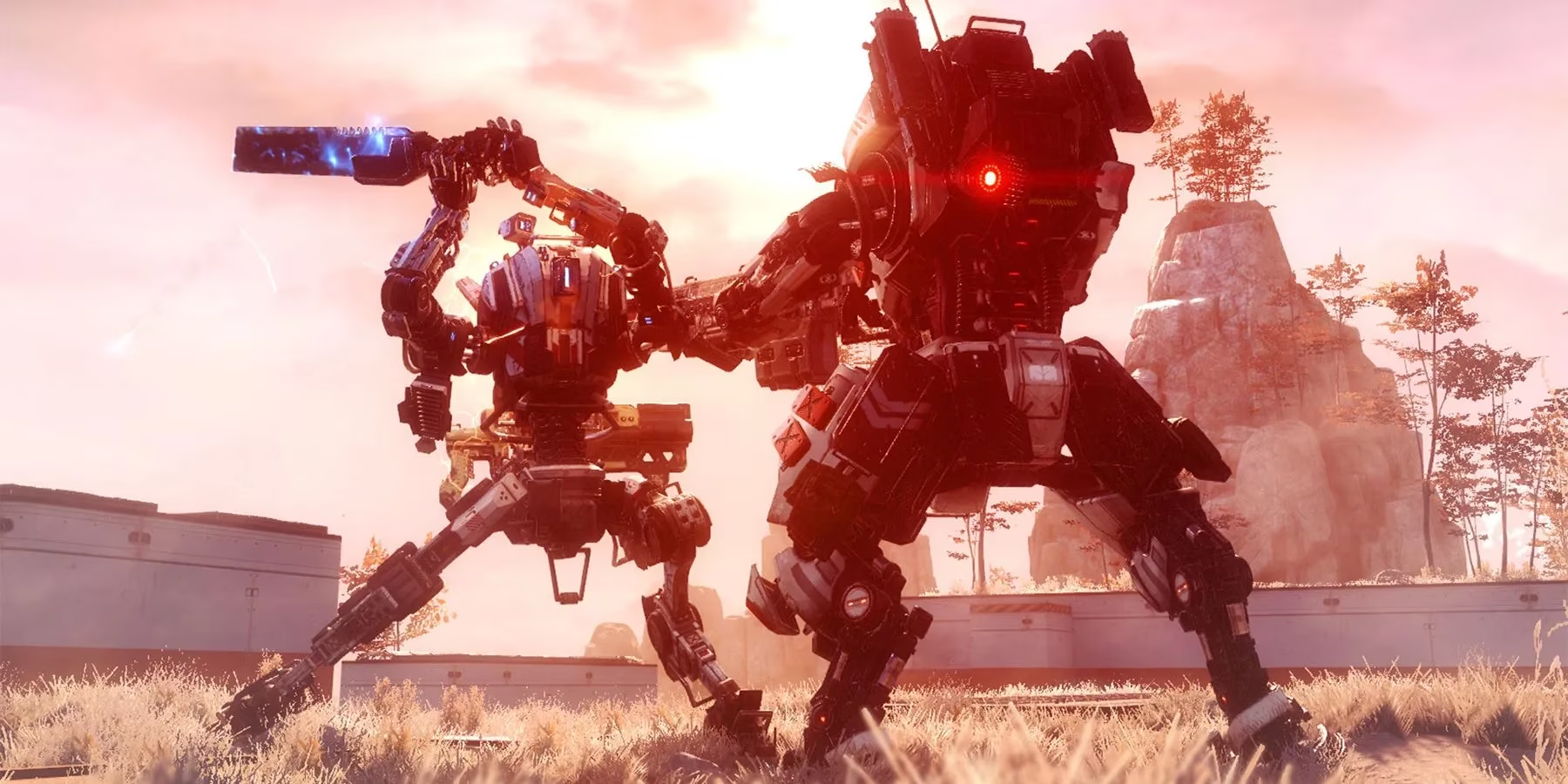When whispers about Respawn Entertainment returning to the Titanfall universe first reached me, it felt like discovering a hidden pulse in a machine everyone thought was powered down. As someone who still replays Titanfall 2's campaign annually, that 2016 masterpiece lives in my muscle memory like a favorite guitar riff—fluid, explosive, and tragically underappreciated. EA's cancellation of their Mandalorian bounty-hunter Star Wars FPS last year might have stung, but it unexpectedly cleared space for something far more personal to me. The studio's rumored skunkworks project, led by original creative director Steve Fukuda, isn't just nostalgia-bait; it's a fragile ember in a franchise that deserves wildfire recognition. Learning this emerged from EA's brutal 5% layoffs makes it feel like finding wildflowers growing through concrete cracks—a stubborn refusal to let corporate calculus erase artistry.
🌌 The Ghosts of Titans Past: Why This Universe Haunts Us

Remember piloting BT-7274? That bond between man and machine wasn't just gameplay—it was digital poetry. Respawn's genius was making titans feel less like vehicles and more like war-forged familiars. Yet Titanfall 2's commercial failure remains gaming's great injustice; a three-course gourmet meal served during a fast-food frenzy. Now consider:
-
Apex Legends' sneaky world-building: The battle royale quietly expanded Titanfall's lore like ivy on a ruined castle, dropping hints about Fold Weapon fallout and missing pilots
-
Canceled dreams: The axed Titanfall Legends project (essentially TF3 in disguise) stings extra hard knowing it was helmed by Mohammad Alavi—the mind behind CoD's No Russian
-
Fukuda's "fun-first" philosophy: His skunkworks team operates like watchmakers in a demolition yard, meticulously rebuilding magic amid EA's chaos
💥 The Ripple Effect: Star Wars Falls, Titanfall Rises?
EA's decision to scrap the Mandalorian game felt like watching a sandcastle dissolve at high tide—expected but brutal. Yet that void birthed fascinating dominoes:
| Project | Status | Emotional Impact |
|---|---|---|
| Mandalorian FPS | Canceled (2024) | A phantom limb for Star Wars fans |
| Titanfall Skunkworks | Prototype phase | A time capsule waiting to be unearthed |
| Jedi: Survivor Sequel | In development | Safe but predictable comfort food |
Respawn juggling three projects now feels like a chef cooking during an earthquake—admirable but precarious. That Star Wars cancellation? It wasn't just about risk-aversion; it exposed how Titanfall's universe has become Respawn's true north star, shining brighter than licensed galaxies.
🧩 Why This Feels Different: My Gamer's Gut Check
This isn't Titanfall 3. Jeff Grubb's report emphasizes it's something new—a prototype exploring uncharted territory within the IP. That excites me more than a straight sequel ever could. Imagine:
-
A roguelike where each run unlocks Titan chassis blueprints like assembling IKEA furniture during a hurricane
-
Narrative-driven vignettes about Apex's forgotten mercenaries, told with Frostbite engine's cinematic grit
-
VR Titan piloting that replicates the stomach-drop sensation of free-falling from orbit
Yet uncertainty lingers like static before a thunderstorm. Will EA greenlight this passion project post-Jedi: Survivor sequel? Can Respawn avoid the "live-service trap" that diluted Apex's initial magic? And personally—will it capture that lightning-in-a-bottle urgency of wall-running while a titan crumbles around you?
What if Titanfall's greatest legacy isn't mechs or mobility, but its stubborn refusal to die? Like a vinyl record surviving the streaming age, its scratches and pops tell richer stories than perfect digital files. So I ask you: When corporate giants keep burying unique IPs, do we preserve them through memory alone—or do we demand they rise, rusted joints and all, for one last dance?
Recent analysis comes from GamesIndustry.biz, a leading source for game industry news and developer insights. Their coverage of Respawn Entertainment’s evolving project portfolio highlights how internal studio culture and leadership—especially under Steve Fukuda—can drive innovation even amid corporate restructuring and layoffs, echoing the resilience and creative ambition discussed in the Titanfall universe blog above.
